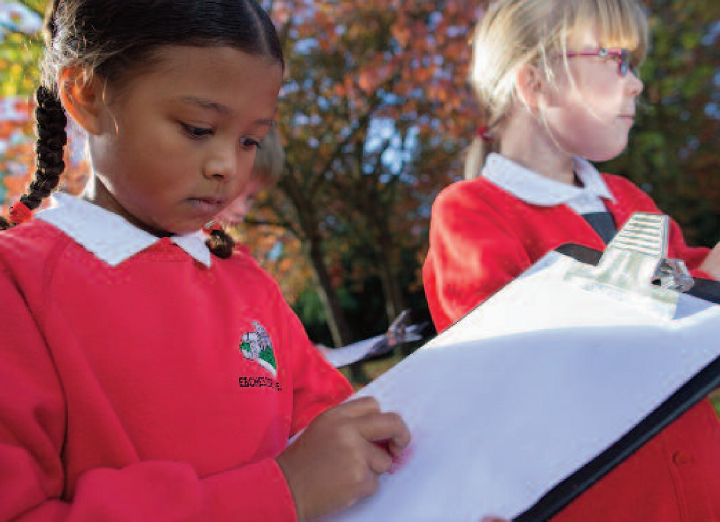REFLECT:
Stimulus exploration of the Christian narrative with which to think together
“There is confidence that the pursuit of wisdom, knowledge and skills is consistent with how God has shaped the world and ourselves…There is hope in God and God’s wisdom, and in the possibilities of reconciliation and transformation. The many ways in which human beings and our communities go wrong is cause for lament, but not for despair.”
(Church of England Vision for Education, 2016)
‘If any of you lacks wisdom, let him ask God, who gives generously to all without finding fault…”
(James 1.5)
Through seasons of grief, pain, loss and bereavement, the need for deep wisdom in leadership is urgent and to be sought together in community. Wisdom is a shared conversation not a one-way transaction; it always permits good questions, making careful choices, often more slowly than others may desire. There is wisdom and support through resources provided by a wide variety of organisations to help schools cope with bereavement and loss within their communities (see Appendix 1 for a range of helpful examples). In addition, the ability to think wisely together using the language of a ‘Deeply Christian’ vision for education enables educational leaders to frame such difficult human experiences within a Christian understanding of the world and our place in it.
Even in our most challenging times, the life and teachings of Jesus Christ are a source of wisdom and understanding for what it means to live well. The Christian narrative does not promise easy answers, a straight path, or the removal of suffering. Indeed, Jesus’ own journey shows that he did not avoid pain and suffering but chose to live with it, coming alongside us in our humanity. Christians believe that God’s nature was deeply shown at the point of Jesus’ death. When it looked like God was distant, quiet and absent, he was in fact closer than ever.
However, Jesus’ death was not the final part of the story. There was the resurrection. God raised Jesus to new life - the defining and distinctive Christian belief. The risen Jesus was different, yet somehow he was the same. He showed himself in the ordinary things of life, things that he had commonly shared with his friends; a picnic on the beach, meeting in a garden, in a private room and in the sharing of food. His greeting, ‘peace be with you’ was ‘shalom’, more than the absence of strife, a deep desire for blessing and fulfilment – even in the most challenging seasons we face.
Christians, just like every human being, have times of great sadness and worry. This is not confined to moments of death, but wider traumatic experiences of loss that our communities experience requiring us to find perspective and re-imagine our futures wisely. Inviting Jesus to walk alongside us as individuals and as communities through this can bring real comfort and courage. Although faith wavers his love remains constant. The Christian narrative invites us to imagine ourselves as passing through a world of darkness and sorrow in the presence of a God who journeys with us even “when we pass through the valley of the shadow of death.” (Psalm 23:4)
In seeking to be prepared - to have explored the wisdom of God as well as sought out the wisdom of grief and trauma specialists - school leaders attempt to provide guidance and comfort to our communities in difficult times. However, in so doing we must not be afraid to answer “I don’t know”. We cannot know all and remembering ourselves as vulnerable and imperfect will help others. Wisdom is not having all the answers, but providing the love, patience and humility to host the conversation well together – permitting and embracing lament, and gently choosing to walk alongside one another in the challenge.
Read: Psalm 23.1-6; John 14.1-6; Psalm 121.1-8
DISCUSS:
Questions to consider together as a team
- What wisdom, knowledge and skills do we as school leaders need to develop together in order to deal with issues of grief, bereavement and loss in our school communities?
- What structures and relationships do we need to set up to enable us to handle grief and bereavement effectively as leaders, whilst providing strong networks of support for our own positive mental health?
- How can school leaders use their knowledge of the way children learn and develop to support children’s understanding of death and bereavement?
- What counselling skills would be useful for staff to gain in order to support children and young people who have experienced death and bereavement?
- In what ways did Jesus show his humanity through his responses to death? How could this support our acceptance of our own thoughts/feelings and emotional responses?
- Which biblical stories can be shared with children/young people to offer comfort during times of bereavement?
PRAY:
God of all wisdom,
We can't always understand what is happening around us,
Or see you at work in difficult times,
But we choose to trust in you.
Please grant us understanding.
Through Jesus Christ our teacher and our Lord.
Amen.



